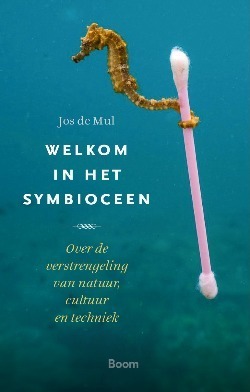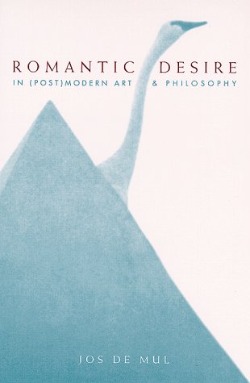
Op 21 september 2019 verscheen in Letter & Geest van het dagblad Trouw ter gelegenheid van de twintigste verjaardag van de iconische sciencefiction film The Matrix het essay 'The Matrix. Actueler dan in 1999'.
De oorspronkelijke Matrix Essay Trilogie verscheen in 2003 in NRC ter gelegenheid van de première van de tweede en derde film in de Matrix filmtrilogie.
Kant formuleerde de drie kernvragen van de filosofie: Wat kan ik weten? Wat moet ik doen? Wat mag ik hopen?
De gebroeders Wachowski lijken door deze drie vragen gebiologeerd te zijn in hun Matrix-filmtrilogie.
I Ontologische paranoia. The Matrix: Wat kan ik weten? NRC Handelsblad. Cultureel Supplement, 13 juni, 2003, blz. 21.
II Noodlottige vrijheid. The Matrix Reloaded: Wat moet ik doen? NRC Handelsblad. Cultureel Supplement, 20 juni 2003, blz.27.
III Posthumane doeleinden. The Matrix Revolution: Wat mag ik hopen? NRC Handelsblad. Cultureel Supplement, 14 november, 2003 blz. 23.
In 2019 publiceerde ik in het dagblad Trouw een voorbeschouwing op het aangekondgde vierde deel:
The Matrix: actueler dan in 1999. Letter & Geest. Trouw, 21 september 2019, 4-8.
Beluister ook het interview voor VPRO Radio Cinema over de Matrix.
Na de premiere van The Matrix Resurrections in december 2021 gaf ik daarover een Engelstalige en Nederlandse talige lezing in respectievelijk Rotterdam en Enschede:
The Matrix IV: Is life a simulation? Lecture Studium Generale Erasmus University. Rotterdam: February 2, 2022, 15:30-17:00. Te zien en beluisteren op YouTube
The Matrix IV: Actueler dan ooit! Studium Generale lezing Universiteit Twente. 26 april 2022. Te zien en te beluisteren op YouTube
De tekst van laastgenoemde lezing zal in maart 2024 verschijnen als hoofdstuk in Welkom in het Symbioceen. Amsterdam: Boom.
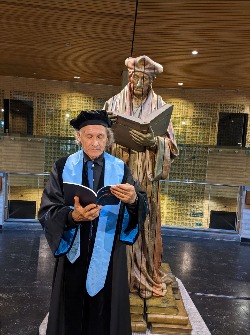 Mevrouw de Rector Magnificus,
Mevrouw de Rector Magnificus,

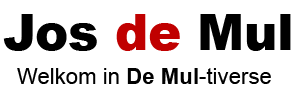


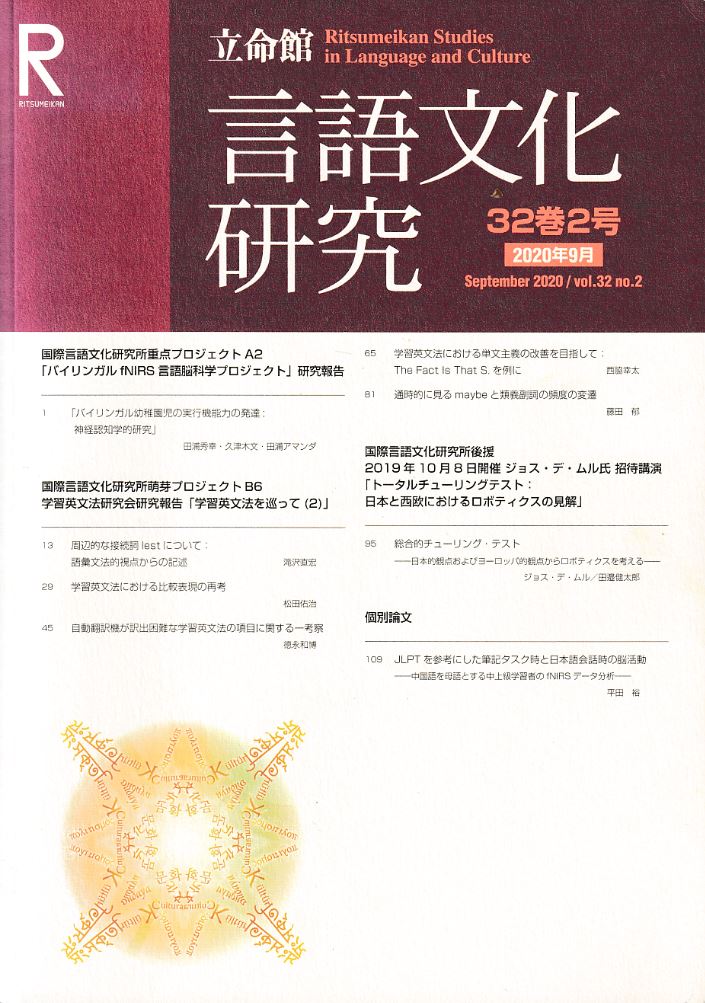 It’s a great honor and pleasure to be here again at the Graduate School of Sociology of Ritsumeikan University. I have wonderful memories of my 2016 stay in Kyoto as a guest professor.
It’s a great honor and pleasure to be here again at the Graduate School of Sociology of Ritsumeikan University. I have wonderful memories of my 2016 stay in Kyoto as a guest professor. Vanaf de derde druk verschijnt
Vanaf de derde druk verschijnt 